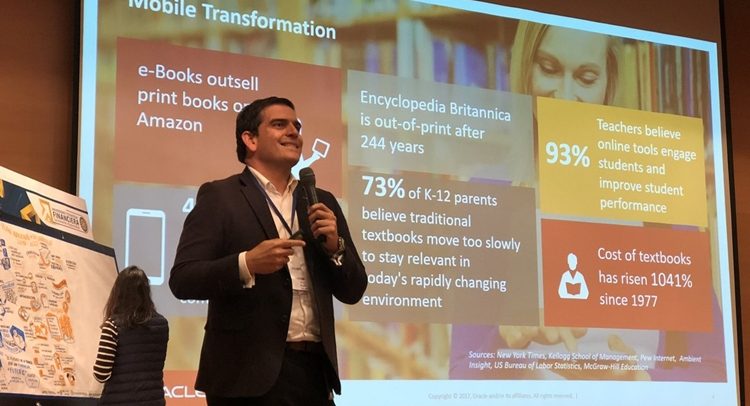The announcement by the goverments regarding the reactivation of various sectors of the economy has raised questions about what the logistics of companies will be like to guarantee safe environments for their collaborators and avoid adding people to the list of those infected.
Now, more than ever, questions have arisen about how work teams should be managed, considering the strict minimum distance precautions between people, cleaning parameters, new schedules, among others.
Experience from some Asian countries, compiled by Gartner research, reveals that transparency, flexibility, and iteration are key in plans to return to the workplace; especially due to the possibility of multiple rounds of re-entry over a prolonged period, depending on the rates of coronavirus infection.
The consulting firm also stresses the importance of companies using the data to inform quarantine plans and employee support; based on employee health metrics, location and travel history, family composition (eg, seniors and children) and recent interactions with infected patients.
For his part, Juan Manuel Mesa, Oracle general manager for Colombia and Ecuador, assures that, “through technological solutions at the service of human resources departments, organizations can process and analyze the data of their collaborators to plan a strategic reactivation and ensure a smooth operation ”. In this way, companies will be able to make informed decisions regarding their employees and be prepared for the economic reactivation process.
In order to guide and support organizations from different industries, the Oracle manager highlights three recommendations for the management of human capital of companies and businesses at this juncture.
- Demographic and biographical census of employees Being clear about the number of employees, their gender, ethnicity, age, place of residence, health status, among other categories, is key. Above all, to face emergency situations, such as the one currently being experienced. Being able to quickly and automatically define whether or not a worker has the physical conditions to go out to operate, or if he must remain in remote work, are decisions that many businesses will face in the coming months. Therefore, it is essential to have a complete and up-to-date record of each person’s profiles. This not only allows companies to have a complete overview of their workers, but also allows humanizing decisions and processes, generating a feeling of greater empathy and well-being in employees.
- Communication channels: the key to efficient management A company’s operations flow consistently when it has a system to inform, notify and alert employees about a particular situation. Protocols of conduct, vacation requests, announcements and alerts related to public health situations, for example, should be disseminated as soon as possible and, therefore, companies need to ensure that their workers know the steps to follow or who to contact in case of an emergency.
Through different channels, human resources units can provide a ‘hyperpersonalized’ experience to employees through platforms that are easy to access, view and use.
A modern human resources team will have the ability to reduce and mitigate risks, have safer processes that guarantee the health and safety of employees, and effectively comply with compliance policies.
- Self-service culture Self-service enables employees to handle many human resource and administrative needs on their own. Common self-service tasks include updating personal information, accessing manuals, and vacation registration. Likewise, administer health insurance and other benefits.
Moving administrative tasks to a portal can save companies time and money. This will create greater mobility, make the organization agile, allow you to have statistics and data for better planning, while increasing employee satisfaction.
In a situation like the one we are experiencing, it is essential that companies make available to their collaborators a set of services that allow them to solve their concerns or problems on their own and as soon as possible. This will not only help to decongest the volume of requirements or technical assistance, but will also contribute to the well-being of the workers.

Various sectors such as financial, health, construction, retail, food, cable television service, among others, have already implemented tools such as Oracle’s Cloud Human Capital Management (HCM), designed to support organizations’ human resources units in different sectors.
For its track record and experience with the HCM cloud solution, Oracle was recognized by Forrester Research Inc. in May 2020, standing out as one of four leaders in its field and receiving the highest score in the current offering categories, experience from customer and market presence.
According to the report, “Oracle Cloud HCM shows that long-term leadership and strategies pay off. […] After more than a decade of sustained development, which includes significant investments in user experience design and the acquisition of Taleo (2012), Oracle Cloud HCM now offers a complete and sophisticated suite of HCM. “The report also He notes, “We hope that Oracle continues to increase the depth of functionality in recruiting, human resource services, and digital assistants.”
Undoubtedly, data, analysis and artificial intelligence have become necessary competencies for success in today’s data-driven markets. By empowering HR professionals with the ability to quickly harness the power of their organizational data, enabling them to generate meaningful data on the workforce to drive sustained business growth and, above all, ensure their health and well-being.

